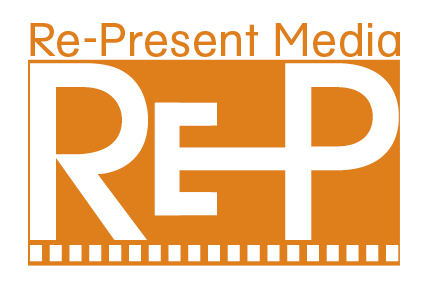
Sherizaan Minwalla is a human rights lawyer and researcher who has been based in Iraq for more than a decade. She has worked closely with the Yazidi community and survivors since the 2014 genocide.
Individuals featured in documentaries or media reports may be exposed to physical, social, or psychological risks.
The concept of informed consent as a legal requirement is rooted in ethical principles to ”do no harm.”
We encourage filmmakers to integrate informed consent … while ultimately working towards structures and mechanisms of societal and legal accountability.
Advancing a Global Human Rights Approach to Media Accountability
By SHERIZAAN MINWALLA, Founder of Taboo LLC
Global attention on unethical media practices has intensified in recent years, leading to greater scrutiny of harms that occur to sources and participants. Individuals featured in documentaries or media reports may be exposed to physical, social, or psychological risks in the process of gathering their stories and in the aftermath of public exposure, requiring legal protection from and accountability for retaliation, stigma, and trauma. This is particularly important when sensitive or controversial issues are covered.
Media makers, including documentary filmmakers and video journalists, are increasingly considering the voluntary ethics and guidelines that apply to their work. However, towards the creation of a long-term solution to media accountability at the societal and legal levels, a framework for engaging with survivors should be based on informed consent, trauma-informed, survivor- and community-centered practices. From a human rights lens, implementing informed consent practices is a step toward ensuring that media makers can be held to account legally and socially, providing a safeguard against exploitative practices.
The concept of informed consent as a legal requirement is rooted in ethical principles to ”do no harm” and to safeguard the rights of participants in medical research, starting with the Nuremberg Code of 1947. It followed the disclosure that the Nazi regime conducted medical experiments on prisoners and other marginalized groups that amounted to atrocities. The Nuremberg Code was expanded by the 1964 Declaration of Helsinki and the 1979 Belmont Report, stressing the importance of confidentiality, assessment of risks and benefits, and the autonomy of research participants. These ethical codes have been codified in laws across the world, making informed consent a legal requirement for medical providers, researchers, lawyers, and other professionals working with human beings.
These principles are also the basis for guidelines such as those set forth in the Murad Code on documenting sexual violence in conflict and the Dart Center Europe’s guidelines for Reporting on Sexual Violence in Conflict. However, since these are not legally enforceable rules, participants engaging with the media need legal protections. We encourage filmmakers to integrate informed consent into their filmmaking practices, while ultimately working towards structures and mechanisms of societal and legal accountability.
